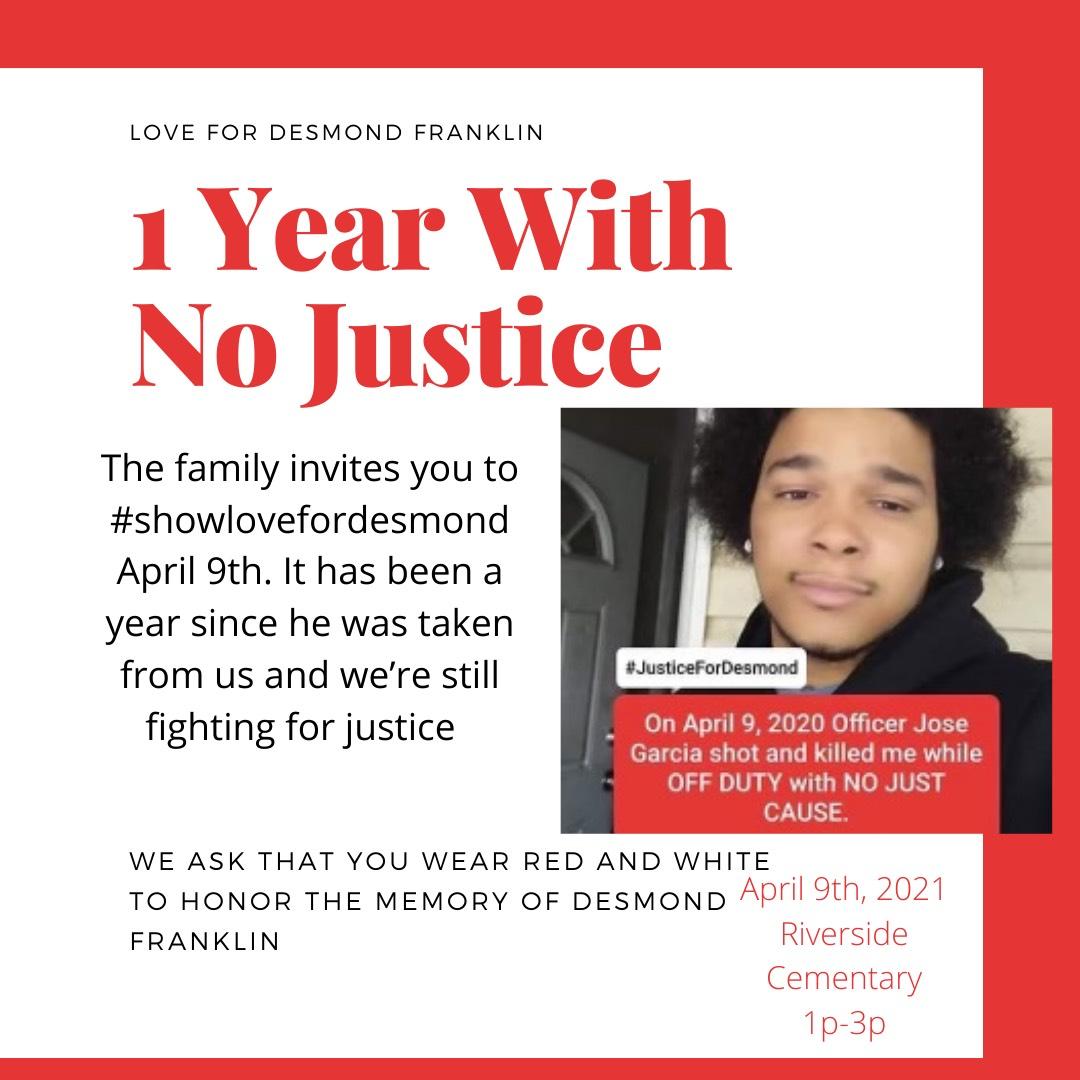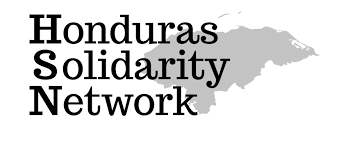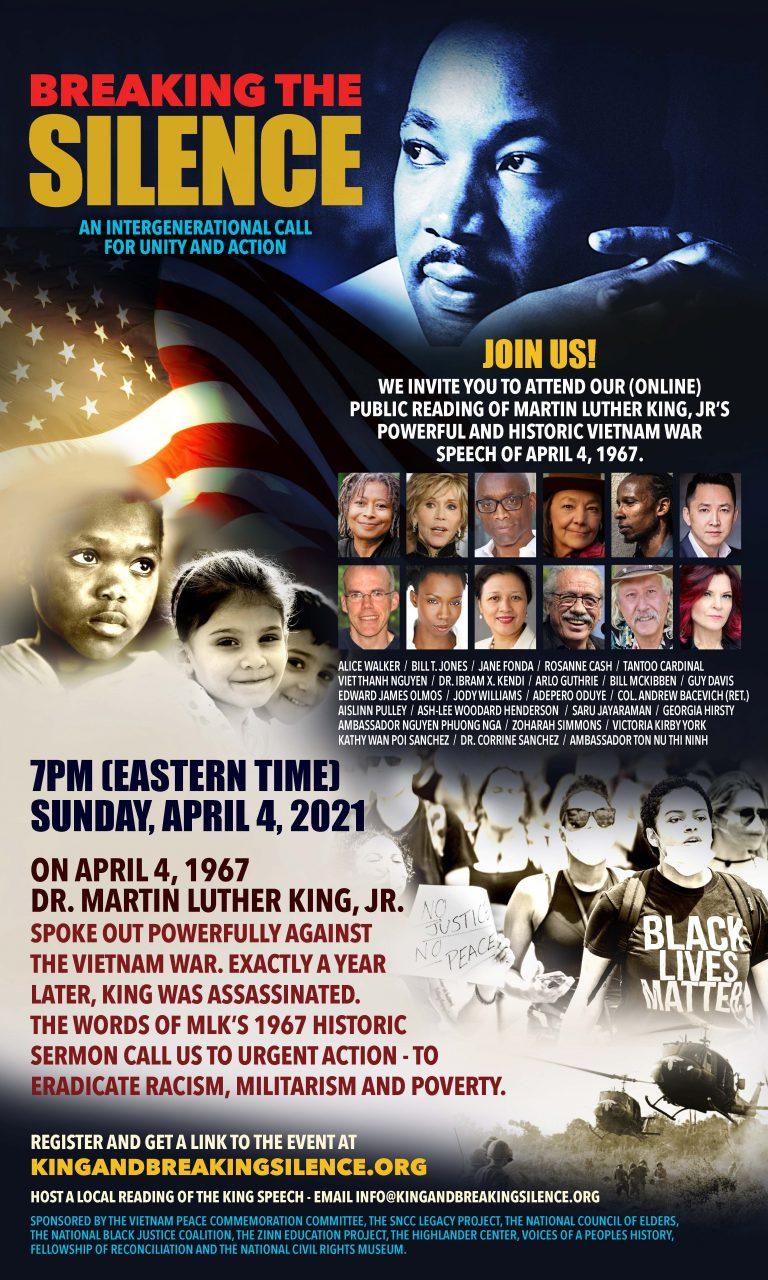- Home
- About Us
- Issues
- Countries
- Rapid Response Network
- Young Adults
- Get Involved
- Calendar
- Donate
- Blog
You are here
Afro-Descendant & Indigenous: News & Updates
RRN Letter
April 28, 2021
To protect the autonomy and ancestral culture of the Nasa Indigenous Peoples, local governor Sandra Liliana Peña Chocué rejected pressures from illegal armed groups who promote the expansion of illicit crops, illegal mining, and drug trafficking. She reported to the authorities that she was receiving threats from illegal groups that exercise territorial control in Cauca Department. They didn't like that she was so outspoken against the increase in illicit crop cultivation in the La Laguna-Siberia Indigenous reserve. On April 20, four unidentified armed men violently abducted her from her home and shot her. She died on the way to the hospital.
News Article
April 20, 2021
The jury has found former Minneapolis police officer Derek Chauvin guilty on all the counts he faced over the death of George Floyd. The trial has been one of the most closely watched cases in recent memory, setting off a national reckoning on police violence and systemic racism even before the trial commenced.
RRN Letter
April 11, 2021
Two unknown persons ambushed Wayuu Indigenous leader Aura Esther García Peñalver and shot her to death as she and her husband were riding into their community on a motorcycle. Since March 15 she had been receiving telephone and text message threats. Her requests for protection from authorities for herself and the women of the Wayúu community were not honored. For more than three decades, Wayúu communities in La Guajira have been harmed by operations at the El Cerrejón Coal Mine. In December 2020, the Constitutional Court of Colombia found that the mine had been damaging the health of area residents. The company’s response to a court order to improve air quality and reduce the mine’s harm to residents has been totally inadequate.
Event
April 9, 2021
Desmond Franklin was murdered April 9, 2020, by Cleveland police officer Jose Garcia. This Friday we will celebrate the life of Desmond and stand in solidarity with his family as they unveil a loving banner created to honor the life of Desmond Franklin. Location: Riverside Cemetery, 3607 Pearl Rd, Cleveland, OH 44109
Event
April 7, 2021
Dr. Dana Frank, a history professor at UC Santa Cruz, is an expert on Honduras and Honduras/US relations. She explains the current situation: why people are fleeing, the role of the US in supporting the narco-dictatorship, and legislative proposals pending in the US House and US Senate that would cut support to Honduran police/military, as well as to President Juan Orlando Hernández. She is author of Bananeras: Women Transforming the Banana Unions of Latin America (2005) . She is currently researching the AFL-CIO’s Cold War in Honduras, 1954-1979.
Event
April 5, 2021
We invite you to join us for an intersectional NE Ohio event to commemorate Dr. Martin Luther King’s “Time to Break the Silence” speech of April 4, 1967 at Riverside Church in New York City. This historic speech condemned US militarism, racism and extreme materialism/poverty, and represented a significant expansion of Dr. King’s thinking on the root causes of the challenges facing U.S. society. We will read excerpts from Dr. King’s speech, then discuss the implications for NE Ohio today.
News Article
March 31, 2021
Cleveland Indians fans will not be able to paint their faces in Native American fashion or wear headdresses to games at Progressive Field this season. The Cleveland Indigenous Coalition has released a statement in response: “[We] continue to work closely with the Cleveland Major League Baseball team during this period of transition, and we are encouraged by the team’s cooperation in listening to our recommendations and input. The donning of headdresses and stereotypical Native American-style face paint reflects and reinforces harmful stereotypes, which hurt our community—especially our Native youth. By enforcing the removal of Native American headdresses and Native American-style face paint for the 2021 season, the team is creating a more inclusive experience for all fans.” There is no opening day protest against racist team logos planned by Cleveland area Native American groups.
RRN Letter
March 30, 2021
Wesent letters to the president and attorney general of Colombia about the assassinations of social leaders (as well as other human rights crimes) that occurred during the last week of March. Those killed include: (1) Carlos Andrés Bustos Cortes, a former FARC combatant enrolled in the reincorporation process. Puerto Asis, Putumayo. March 23 2021. (2) Carlos Alberto Vidal, president of SINTRACOS sugar workers union. Flórida, Valle del Cauca Department. March 29 2021. (3) José Santos López, 54-year-old Awá indigenous leader, and Jhon Edwar Martínez, a 22-year-old Awá indigenous man. Tumaco, Nariño Department. March 29 2021. We echo the call by the United Nations Mission in Colombia, urging “the implementation of concrete measures for the comprehensive protection of all communities as well as the strengthening of security guarantees in the territories affected by the violence.”
News Article
March 25, 2021
In Nicaragua, governmental recognition of land rights was the first step in tackling incursions by non-Indigenous settlers from western Nicaragua and the violent conflicts they sometimes produce. But because colonization of Indigenous territories has been taking place for decades, taking the next steps – delineation of the territories, dealing with illegal titles (primarily given under previous governments) and potentially removing settlers – is a complex process that involves delicate negotiation and agreement at the local level. Sadly but inevitably, the invasions by settlers have become another issue on which to attack Nicaragua’s Sandinista government. Also, Nicaragua briefs and updates are included.
RRN Letter
March 25, 2021
Juan Carlos Cerros Escalante, age 41, was president of the Nueva Granada Board of Trustees and a leader of the local Lenca indigenous community in his hometown of Chinda, Santa Bárbara Department. On March 21, unknown assailants fired 40 shots at him in front of his children as they were returning from his mother’s house in the village of Nueva Granada, municipality of San Antonio in Cortés Department. Juan Carlos Cerros Escalante led Communities United of Chinda, a local group opposing the “El Tornillito” hydroelectric dam that is being constructed by HIDROVOLCÁN (Hidroeléctrica El Volcán Company) in hamlets near the Rio Ulúa. This dam, which will be the second largest in Honduras, will mean the disappearance of ten communities of an indigenous Lenca population because the livestock, crops and houses of these two municipalities would drown, and their inhabitants would be forced to move.



